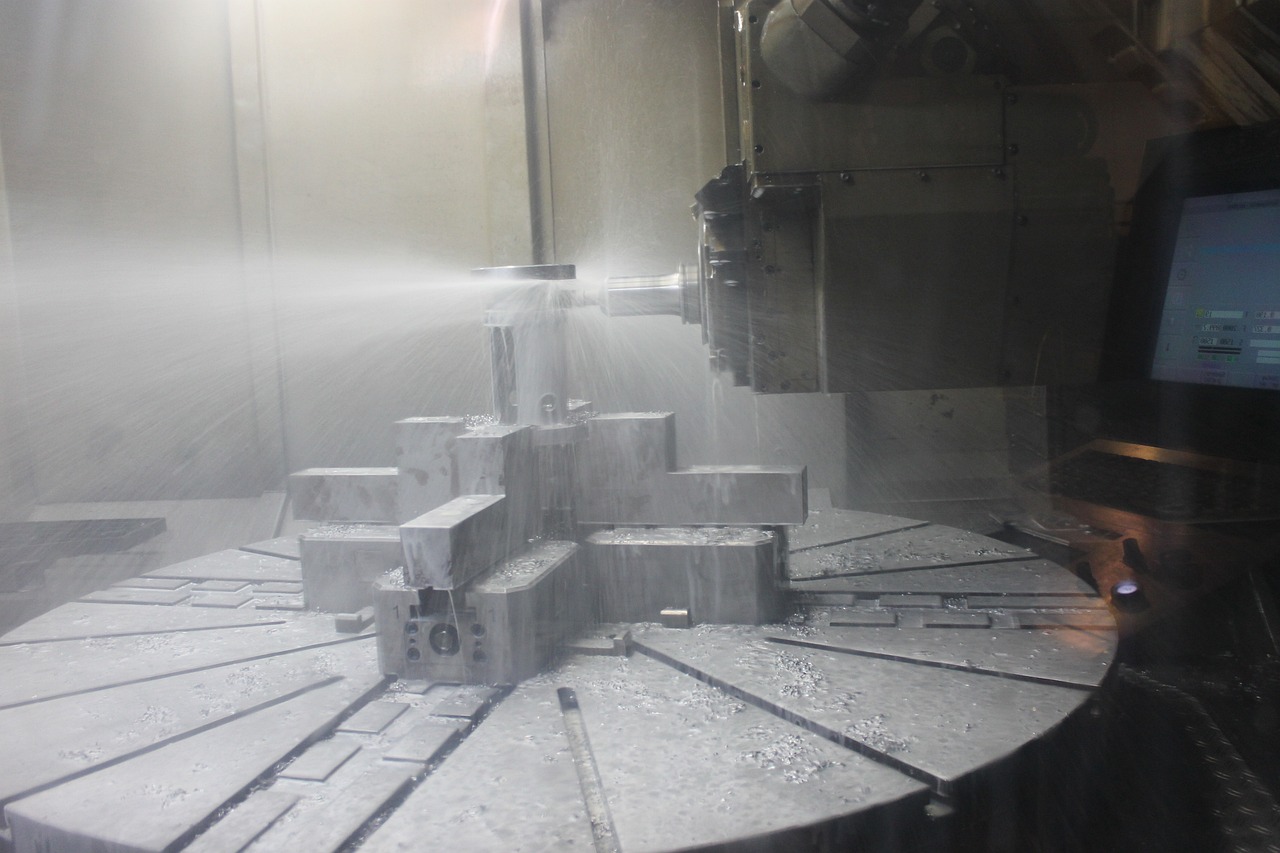The present invention relates to a method of treating wastewater from the production process of aluminium articles and the related treatment plant.
| Patent title | Purification process of alkaline pickling solutions of aluminium or aluminium alloy products |
|---|---|
| Thematic area | Industry, Digital and Security |
| Ownership | ALMA MATER STUDIORUM - UNIVERSITA' DI BOLOGNA, UNIVERSITA' DEGLI STUDI DI SALERNO |
| Inventors | Daniele Cespi, Raffaele Cucciniello |
| Protection | Italy |
| Licensing status | Available for development agreements, option, license and other exploitation agreements |
| Keywords | aluminum; sodium aluminate; pickling; satin finish; filtration |
| Filed on | 18 June 2024 |
The invention derives from a ten-year scientific collaboration between the members of the research team who have always aimed to valorise the waste solutions obtained from the processing of aluminium, a strategic metal for various national industrial sectors (first and foremost the construction sector). From a scientific point of view, we wanted to develop an innovative solution for the treatment of heterogeneous mixtures that were still subject to disposal, with a view to the circular economy.
The purpose of the present invention concerns a method of treating wastewater from the production process of aluminium products and the related treatment plant, which allows in a simple, reliable, efficient, ecological and economical way to remove chemical contaminants from aqueous matrices, minimizing the generation of production waste to be disposed of in the landfill and at the same time promoting the recovery of alkaline solutions based on sodium hydroxide and aluminate.
The specific object of the present invention is a method of treating heterogeneous alkaline mixtures to recover compounds present in the solid phase and the alkaline solution comprising the following phases:
1. Filtration of the mixture to eliminate particles with dimensions equal to or greater than 50 µm;
2. Use of a magnet to facilitate and improve the separation of the mixture;
3. Drying of the solid residue using a heating system.
Main advantages obtained:
- Recovery of alkaline solutions and their potential reuse in complex formulations with a basic character and including both sodium hydroxide and compounds belonging to the aluminate class.
- Separation of the components of the heterogeneous mixture favouring its use in different applications in the detergent sector as well as in the cement preparation sector.
- Avoid the transport of such waste and avoid its disposal, with consequent benefits in economic and environmental terms and in terms of reducing the risk due to transport and accidental releases.

